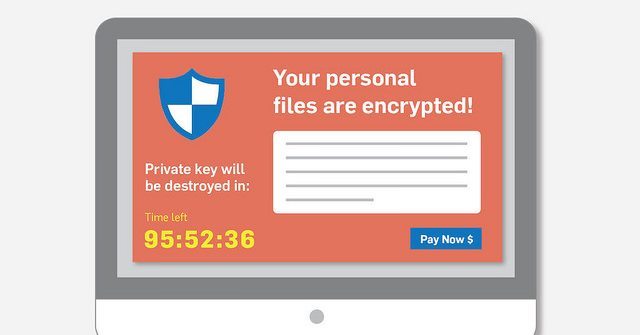There is a new ransomware making the rounds that offers victims a Hobson’s choice: Popcorn Time ransomware. This ransomware gives the victim a choice: either pay the ransom amount to gain access to his or her data, or choose to pass the ransomware on to two unsuspecting colleagues. It hardly sounds like a choice, does it? This latest twist on the already mischievous and inconvenient ransomware puts victims into an ethical dilemma, according to an article in ComputerWorld. Victims can either remain victims and pay to gain access to their compromised data, or can become a cyber attacker themselves and pass on the ransomware to others.
Ransomware is a form of malware that is rapidly becoming a popular means for cyber thugs to compromise data and extort money from victims. Ransomware encrypts or locks a victim’s computer data and does not permit the victim to have access to the data unless the victim pays a demanded ransom or does a specific action, such as passing the ransomware on to others.
How the Popcorn Time Ransomware Works
When a victim receives the Popcorn Time ransomware, a pop-up appears on the victim’s computer screen. The pop-up gives the victim two options:
- The “Fast and Easy Way” to deal with the ransomware. The “fast and easy way” to deal with the ransomware is to pay the requested ransom amount in bitcoin. Victims are given a wallet address to send the bitcoin payment. Once you make the payment, victims will receive a decryption key for their encrypted data.
- The “Nasty Way” to deal with the ransomware. Alternatively, the victim can deal with the ransomware by forwarding the ransomware link to two other people. If two or more people install the ransomware on their computers, the original victim will receive a decryption key for their encrypted data.
The ransomware comes with a backstory. The collective of hackers responsible for the ransomware are a group of Syrian refugees who are only extorting money from victims in order to support themselves. However much of that is true, is a mystery.
Ransomware is a Serious Cybersecurity Problem
Ransomware is poised to be the next major challenge in cybersecurity. It affects individual computers or systems, which can be crippling for the victim. If your personal computer is affected, you could lose access to your important data, pictures, files, and more. While your loss is personal, it is still a loss. If a business computer is affected by ransomware, it could halt the business altogether and bring the company to its knees.
Contact a Cybersecurity Lawyer
Cyber threats and thus Cyber Security are constantly in flux, changing, developing and advancing. As new threats come to light, new laws and regulations are implemented to address these issues. Revision Legal is on the cutting edge of cyber security law. Revision Legal works closely with cybersecurity victims and helps them deal with the aftermath of security breaches. Contact the experienced data breach attorneys at Revision Legal as soon as possible if you need help. Please feel free to reach out to us today. Revision Legal is by your side. Contact us using the form on this page or call us at 855-473-8474.
Image credit to Flickr user portal gda.




